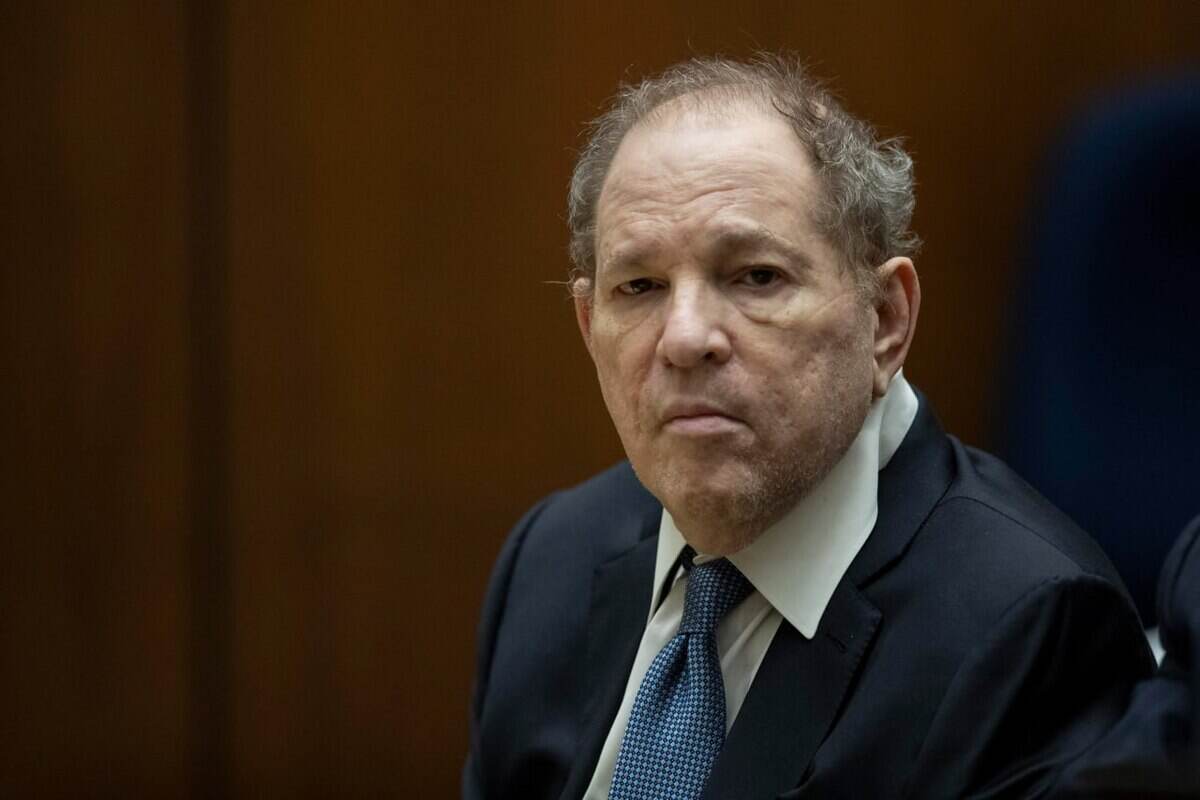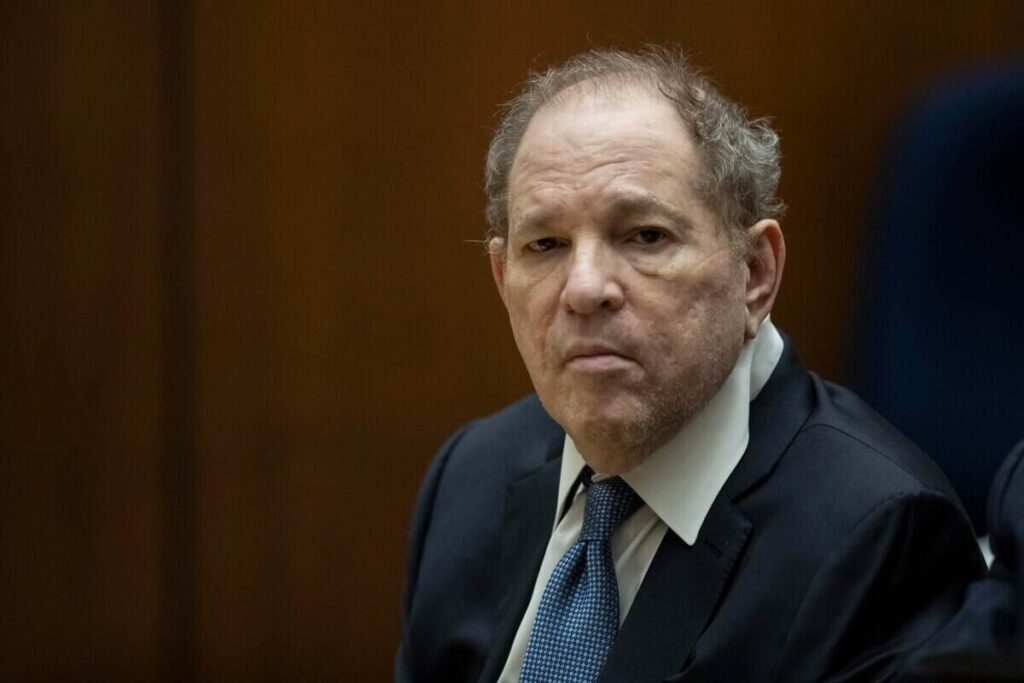irshivideos.com

Perché la condanna di Harvey Weinstein è stata annullata?
Le accuse di molestie sessuali potrebbero essere cadute. Ecco la verità sul caso Harvey Weinstein e l’errore del giudice Nel 2020 Harvey Weinstein, famoso produttore …
News
Perché la condanna di Harvey Weinstein è stata annullata?
Le accuse di molestie sessuali potrebbero essere cadute. Ecco la verità sul caso Harvey Weinstein … Leggi tutto
Android TV e gli accessi indesiderati a Gmail: cosa succede?
Alcuni modelli di Android TV potrebbero mettere a rischio la privacy degli utenti, ecco cosa … Leggi tutto
Il Cdm ha approvato un disegno di legge sull’Ia: cosa prevede?
Il testo chiarisce che l’utilizzo dell’intelligenza artificiale non deve pregiudicare la vita democratica del Paese … Leggi tutto
Le SIM fisiche spariranno per sempre?
Il futuro delle sim fisiche, insomma, è fortemente in bilico, nonostante gli 8,3 miliardi di pezzi … Leggi tutto
Google ha licenziato 28 dipendenti che hanno protestato contro l’accordo sul cloud con Israele
La nota del responsabile della sicurezza globale di Google: “Un comportamento del genere viola chiaramente … Leggi tutto
Spotify, in arrivo il piano Music Pro: ecco cosa conterrà
Spotify sta lavorando su alcune funzionalità di remix simili a quelle di TikTok. Questi strumenti … Leggi tutto
Gossip
Giano Del Bufalo ha una relazione con Giulia De Lellis? Ecco le ultime notizie
Giulia De Lellis fatica a stare da sola e questa volta potrebbe aver puntato il … Leggi tutto
Mariah Carey e Lenny Kravitz si stanno frequentando?
A un primo sguardo, quella tra Mariah Carey e Lenny Kravitz sembrerebbe una relazione improbabile, … Leggi tutto
Circolano voci su una relazione tra Geolier e Maria Esposito, ma loro negano
Sarà scoccato l’amore tra il rapper napoletano e la star di Mare Fuori? Ecco le … Leggi tutto
Kategate, quando il gossip si trasforma in complottismo
La storia della principessa Kate, dalla presunta scomparsa alla foto ritoccata, ci lascia solo una … Leggi tutto
Kate Middleton, la foto ritoccata e le scuse della principessa
Una foto della principessa Kate Middleton sta facendo scandalo, scopriamo cosa succede e perché è … Leggi tutto
Il gossip ha un padre e il suo nome è Walter Winchell
A tutti piace il gossip e chi lo nega mente. Scopriamo chi era davvero Walter … Leggi tutto






















